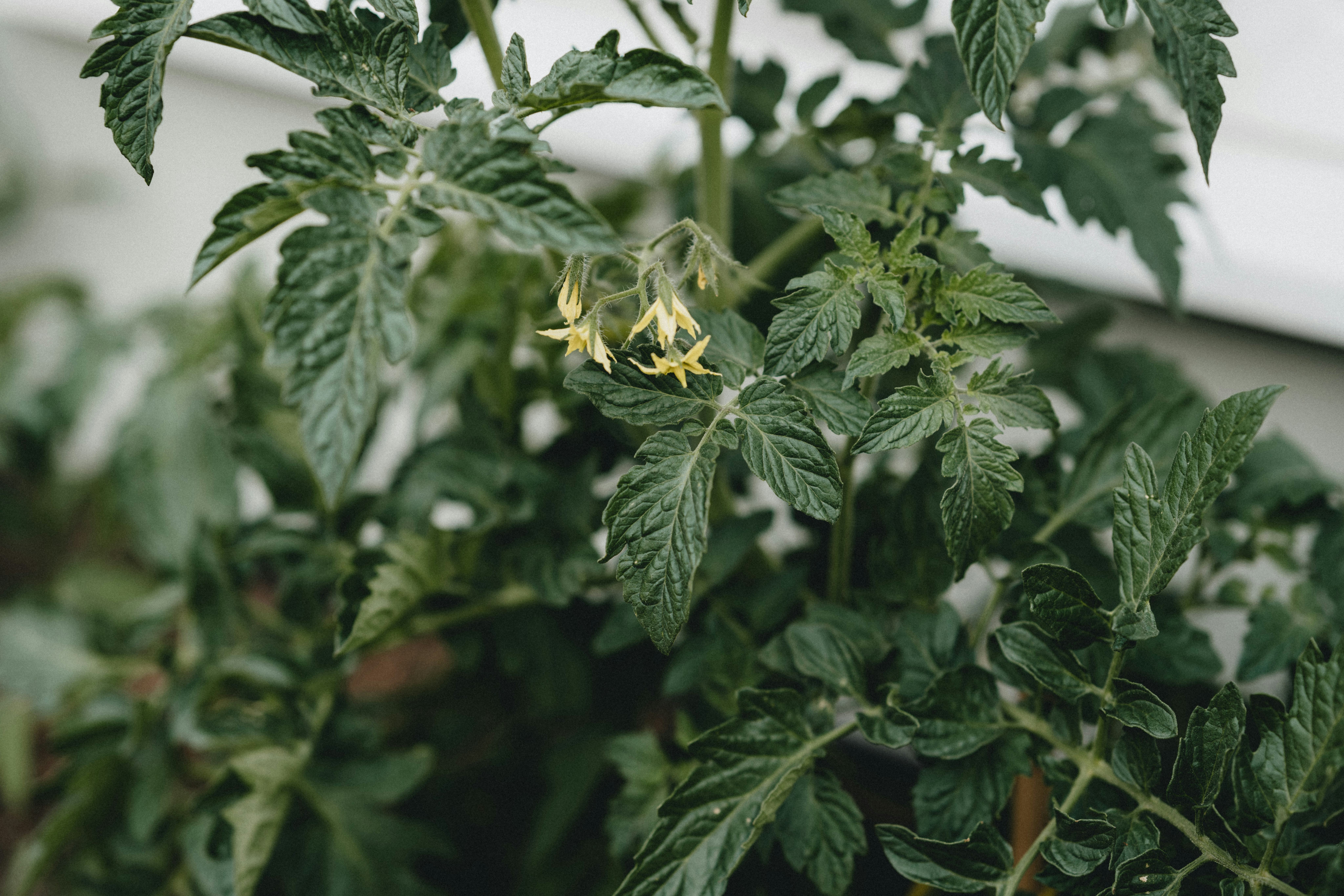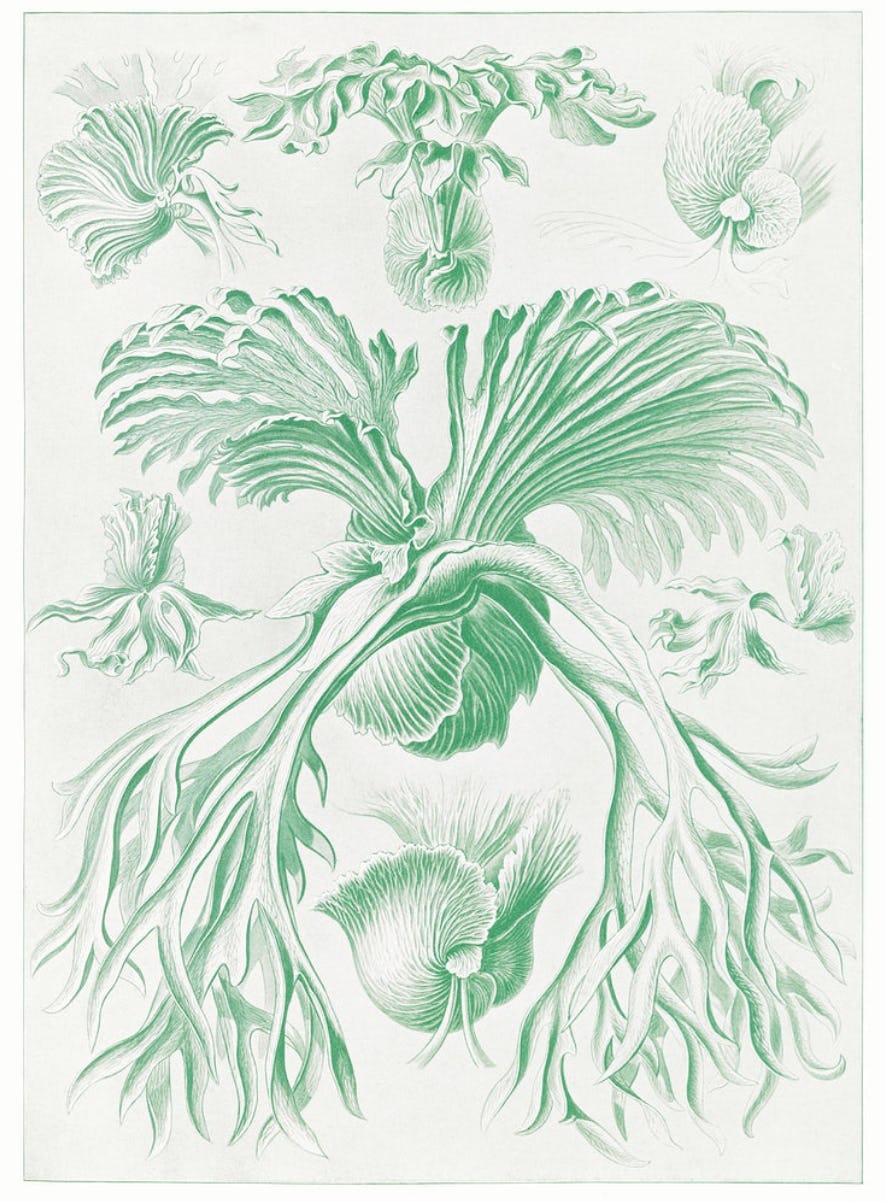Environmental racism is racism expressed through environmental injustice: poor water quality (as we witnessed in Flint, Michigan); the placement of landfills and disposal of environmental waste near communities of color; unequal environmental standards for things like pesticide use or pollution, and food desserts, to only name a few.
I attend Clark Atlanta University in the West End of Atlanta, an area where 90.5% of the population is Black and the median annual income is $34,000. This is also a college town, which houses over 7,000 students. This city is the home of the Atlanta Student Movement, Rev. Dr. Martin Luther King Jr., and the Civil Rights Movement. But it is one of the worst food deserts I have ever lived in. A food desert, by definition, is an area where it is difficult or impossible to access fresh food. Atlanta Magazine defines Atlanta as, “the third-worst urban food desert in the country (behind only New Orleans and Chicago).” Near where I live, processed foods and fast food are the only accessible options - eating them is making me sick.
Grocery stores go where the money is. You may find a Trader Joe's, a Whole Foods, and a Publix located all in one neighborhood and serving a very privileged demographic. Places where there are many diverse options for fresh food are commonly referred to as “food oases.” A healthy lifestyle, it turns out, comes at a high price.
Learning for Justice reports, “8 percent of African Americans live in a census tract with a supermarket, compared to 31 percent of whites.” Similarly, the Journal of Blacks in Higher Education writes, “convenience stores, liquor stores, and bakeries or candy shops were collectively three times more common near [Historically Black Colleges and Universities (HBCUs)] than supermarkets, health food stores, and produce markets.” There are six HBCUs in my area, which comprise the Atlanta University Consortium (AUC): Clark Atlanta University, Morehouse College, Morehouse School of Medicine, Morris Brown College, the Interdenominational Theological Center, and Spelman College. We share one grocery store - Walmart - with each other and the wider community.
On any given day, Walmart is packed with people, full of long lines and tired employees. The produce section is always a disappointment. The produce, often sparse, is bruised and covered with gnats.
In my neighborhood, if you're looking for a Kroger, Publix, Target, Trader Joe's, or Sprouts, you would have to drive (if you have the luxury of a car which I do not) or find another form of transportation. MARTA, the Metropolitan Atlanta Rapid Transit Authority, is an option, but frequently not for students due to safety concerns. Lyfts and Ubers, unless you share with a group of friends (not an option during the pandemic), cost at least $12 each way. The last remaining option is the most expensive: ordering from a delivery service like Uber Eats or Instacart.
I live near six fast food chains. AUC students, like myself, depend on their food choices or snacks from the liquor store for sustenance. The liquor stores or corner stores are technically considered markets because they sell items like milk, eggs, and bread - essential items with inflated prices due to “convenience” - but offer no truly nutritious or fresh produce.
Medical News Today warns of the health dangers of food deserts, writing, “Without access to healthful foods, people living in food deserts may be at higher risk of diet-related conditions, such as obesity, diabetes, and cardiovascular disease.” These illnesses are more prevalent in African American communities.
Living in a food desert this severe takes a toll my physical and mental health. Without nutrient-dense meal options, I feel groggy and fatigued, unable to perform at my best in the classroom. I want better for my peers and my community.
As we continue to confront, understand, and address systemic injustice in the United States, we must not forgot the harm food deserts, food insecurity, and environmental racism inflict on Black communities. I hope we can resolve these vital issues, so my community can continue to create richness and greatness in the West End, the AUC, and Atlanta as a whole.
Ariyana Griffin is a senior Mass Media and Arts major with a concentration in Journalism and a minor in Sociology at Clark Atlanta University. She loves to read, do community service, and share stories through her writing.
Discover more from Ariyana Griffin .









